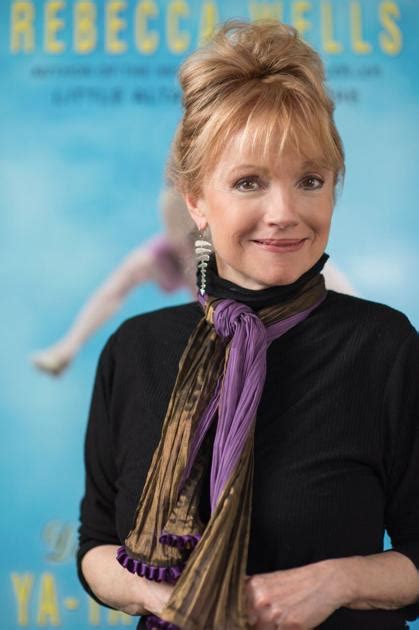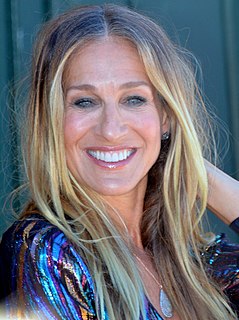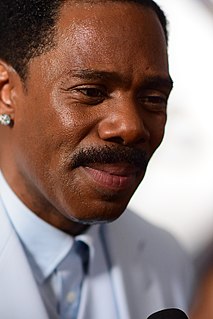A Quote by Nancy Kress
The parallels between a stage and a book are compelling. You, like all authors, create 'characters' in a 'setting' who speak 'dialogue' encased in 'scenes.' Most importantly, you - like the playwright - have an 'audience.'
Related Quotes
Authors also create lovable, friendly characters, then proceed to do terrible things to them, like throw them in unsightly librarian-controlled dungeons. This makes readers feel hurt and worried for the characters. The simple truth is that authors like making people squirm. If this weren't the case, all novels would be filled completely with cute bunnies having birthday parties.
What I like and find liberating in dialogue comedy is that the characters, and what they say, are not me. These are fleeting thoughts and observations and not presented as truths but as something that illuminates the character and the dynamic between the characters. This kind of dialogue is thesis and antithesis - and we never get to a synthesis.
For the most part, my characters don't talk to me. I like to lord over them like some kind of benevolent deity. And, for the most part, my characters go along with it. I write intense character sketches and long, play-like conversations between me and them, but they stay out of the book writing itself.
Make sure your characters are worth spending ten hours with. That’s how long it takes to read a book. Reading a book is like being trapped in a room for ten hours with those characters. Think of your main characters as dinner guests. Would your friends want to spend ten hours with the characters you’ve created? Your characters can be loveable, or they can be evil, but they’d better be compelling. If not, your reader will be bored and leave.
When you're doing those operation scenes, you not only have to be on top of the dialogue and the rhythm of the dialogue and what's happening dramatically, but you've got to technically get the rhythm right, so that everything is fitting with the dialogue at the right time. And you're performing the operation to the audience that's watching it. Thackery has to present it, as well. In some ways, that's the most challenging.
If I can get the audience to connect with the characters emotionally - and they love who they are, they love the larger-than-life situation that they're in, but most of all get the audience invested in the characters - then I always feel like I can sort of put them in the most outrageous circumstances, and the audience is okay to go with that.
The women's choice of footwear doesn't speak for their most important inner life, but rather it tells a story - this is an opportunity to express themselves. I think the thing that's most compelling about other people is when you don't look like you're trying to dress like your friend, colleague, neighbor, or anything else. That's a very arresting and exciting and compelling quality to possess - not everybody has the courage to walk out the door feeling like themselves, but once they do, it's thrilling to witness.
The secrets that the characters hold are held back from the audience, and that's such a delight to hold onto. When you're playing scenes, it gives you an inner dialogue that allows you to really immerse yourself as the actor, in every scene that you're playing. Nothing felt expositional. Nothing felt like we were just doing it to move the story along. There was a reason these characters were saying what they're saying. It was a gift, really.





































